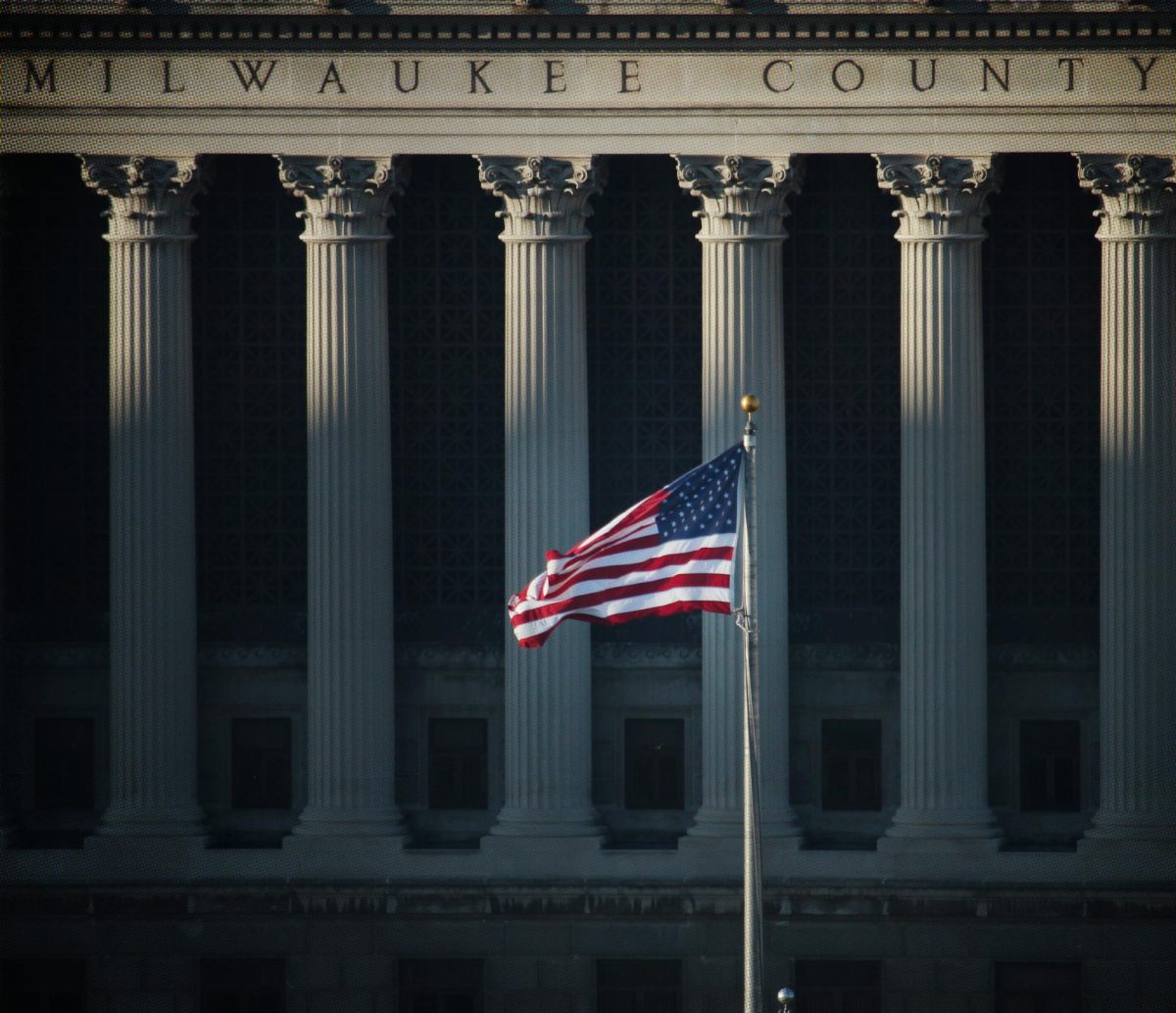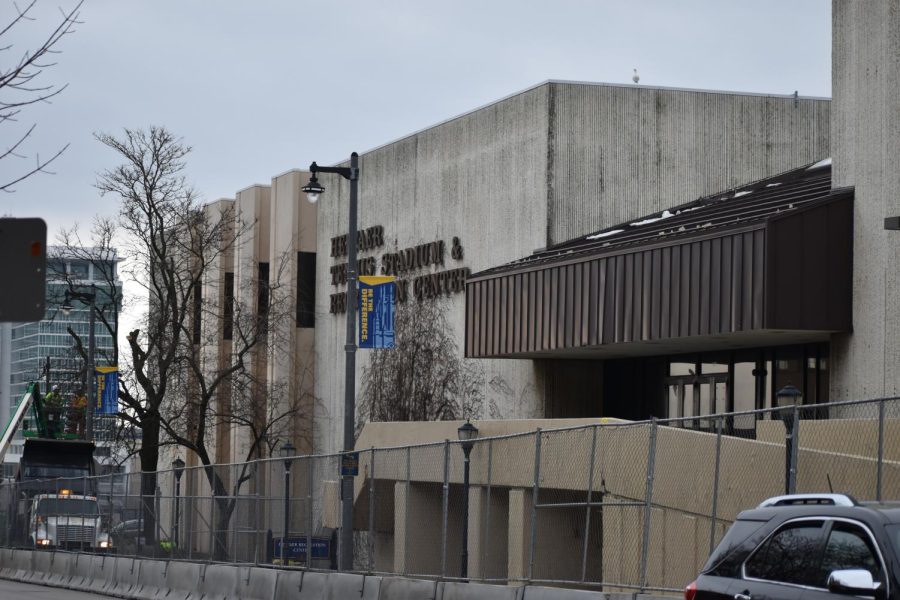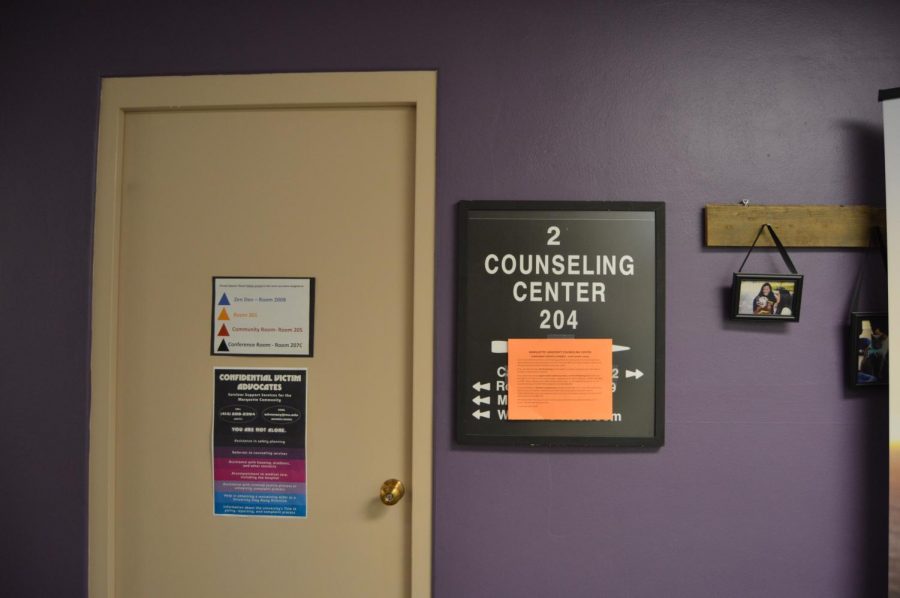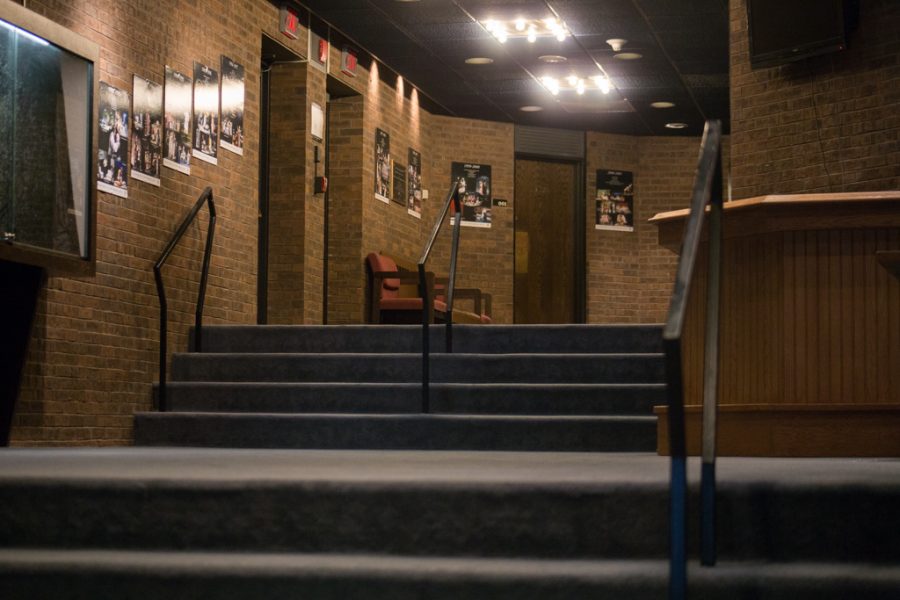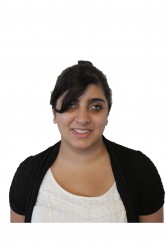 With graduation fast approaching, you can become in awe of how fast time has flown. You start feeling nostalgic for those early days at Marquette as well as excited for the future ahead.
With graduation fast approaching, you can become in awe of how fast time has flown. You start feeling nostalgic for those early days at Marquette as well as excited for the future ahead.
I had a different experience coming to the university than most. Many picked Marquette for its great academics, urban location, family ties or many other reasons. I picked Marquette because the disability services provided me, as a blind individual, the most support.
This annoyed me at first, and I struggled my first couple years at Marquette. I hated that support for my disability was the first thing I had to consider when picking a school. Even at a time of individuality and independence, I felt my decision was dependent on something out of my control, and my individuality was being challenged as a result. It did not feel like a real choice because I had to base it on the fact I have a disability.
I later realized I made the right decision. Marquette’s Office of Disability Services made me feel like a priority and like my individual concerns were important and unique, unlike many other schools that looked at my physical disability against their own standards. Disability services has been an ally to me rather than an advocate. For me, this meant I could go to them with concerns about classes and other campus accessibility issues, and we could brainstorm and come up with a solution together rather than just having them handle the situation with no input from me.
I had my fair share of accessibility concerns during my time here, and I still do as a graduating senior. Disability services, while a great resource, is not the only office on campus that can do something about the accessibility concerns of those with physical and learning disabilities. For change to actually occur, many more need to get involved and not just ask questions, but have answers and funding to make these answers a reality.
With this being said, the only way to better help individuals with disabilities is to ask them what they need, rather than assuming or comparing one case to thousands of others. Every individual handles disabilities differently, so the support needed is unique to the situation. By setting up a system where these concerns can be handled on a case-by-case basis with the support of each college and not just disability services, more positive change will be seen.
While I did have concerns, I was also grateful I could express them. Many times I was disappointed when they were not addressed directly; however, there were also times when I felt truly heard. Although I was told many times my individual needs couldn’t be met because then everyone’s individual needs would have to be met, disability services never told me my concerns were not valid or that change was not possible. I may have heard no from other offices or departments on campus, but I never heard it from them.
Individuals with disabilities are told no far too many times, and are discouraged by the constant denial they face. From my first meeting with people in disability services four years ago, I felt more empowered in the fact that I had a choice in matters rather than just a yes or no. I can say I was successful in my time here because encouragement from one place meant more than anything else.
All students struggle from time to time. Students with a disability feel certain struggles every day, and I truly felt I had support around these struggles at Marquette.

